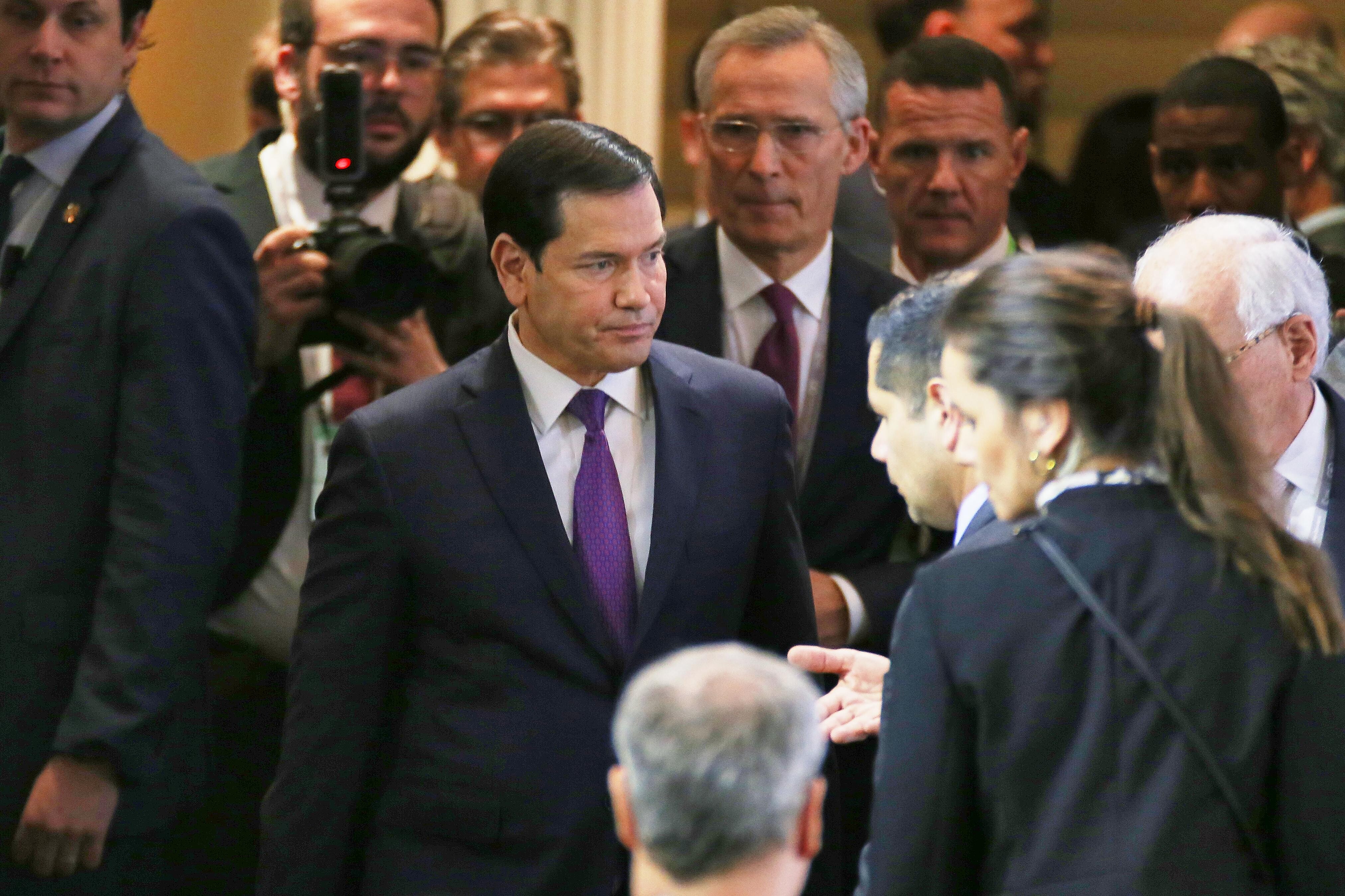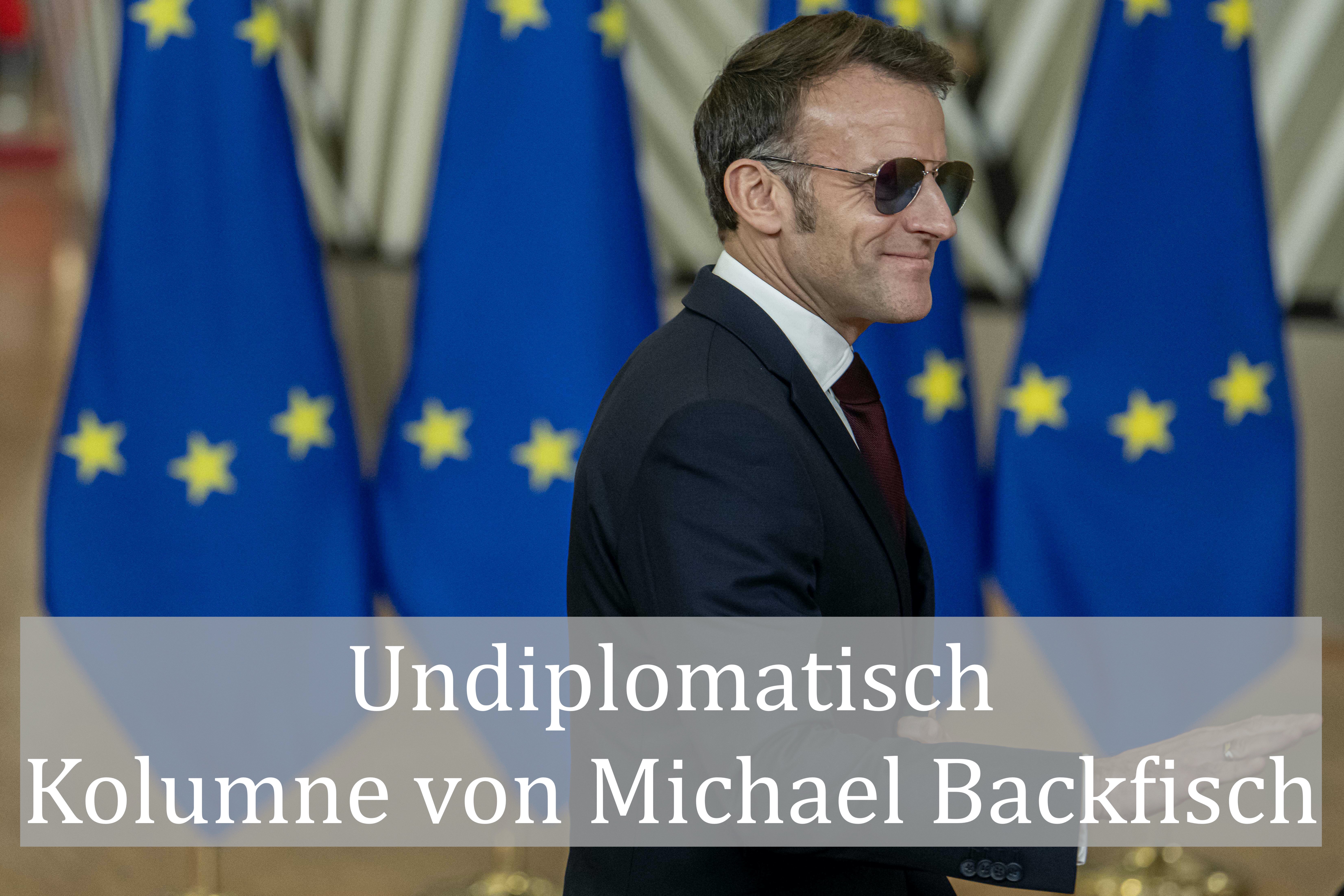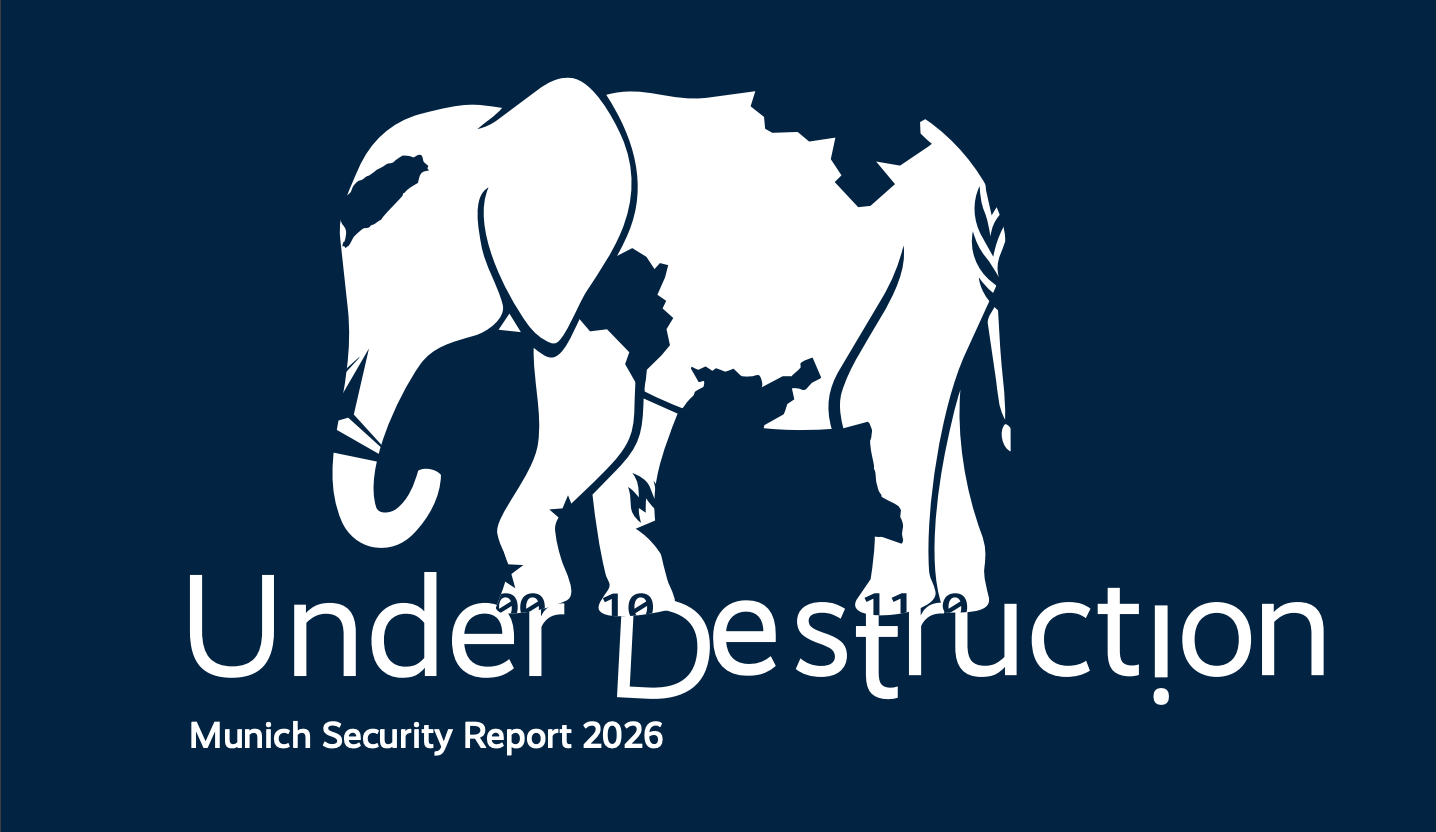diplo.news
Headaches with the German visa system
Column by Ewald König

These lines are not intended to be a blanket indictment of consular officials. They are definitely not to be envied for their job. But the general German attitude is to be condemned: under the motto: We don't need you. We don't want you. We certainly don't want to see you. But visa comes from the Latin videre, meaning: to see.
diplo.news has a lot to do with ambassadors. We keep hearing about problems, about incomprehensible decisions with appalling consequences.
A Central Asian ambassador just told me that he's already spending half his working time applying for visas, even though that isn't his job at all. He constantly has to intervene, depending on the situation, at the Federal Chancellery or at the Foreign or Interior Ministry. His interlocutors are well aware of the situation, they nod sympathetically, but in most cases they are unable to do anything about it.
It is not only applicants abroad who suffer the damage. Germany itself also suffered the damage.
Would you like some examples? An Indian restaurant in Berlin-Mitte with a monthly turnover of 300,000 euros - that's 10,000 euros per day - and correspondingly high tax payments hired an Indian chef. The rejection of his visa was disastrous for the restaurant. The German consulate officials stubbornly only counted his few years of professional experience in India, but not his twenty years of professional experience in Indian restaurants in Dubai. He was only five months short of experience in India.
Performances by artists at sold-out concert evenings: canceled because of no visa. Foreign students lose their promised place to study because they do not receive their visa on time. Scientists miss the conference they were supposed to speak at. Exhibition exhibitors lose the stand fee because they only receive the visa after the trade fair or not at all. Politicians, even in the rank of Deputy Minister, also run the risk of being rejected.
Of course, there are always paragraphs that can also justify this.
Some countries welcome German citizens for three-month stays without a visa. Germany, however, is not responding to this with the same measure, but insists on visa requirements.
Admittedly, it is the fault of many applicants themselves. They arrive too late; they provide contradictory information; they remain guilty of documents; they present false or forged documents; they have a negative entry in the Central Register of Foreigners; they do not prove that they can make a living; they do not conclusively explain that they do not want to remain permanently. And, of course, there are also figures among them who actually pose a security risk.
Undisputed: What officials have to deal with in the approximately 170 visa offices of the German missions abroad is impressive: They process almost two million applications. The trend is rising significantly. Of these, around 265,000 are rejected. But every single rejection, every late grant hits an individual fate, is not just a financial burden, but a humiliation, sometimes a nightmare.
Yet German practice is frustrating and humiliating. Scientists who are invited to speak at a conference must disclose their account statements and show what they earn. The trembling over the visa, the expiry of the flight ticket are an emotional burden.
With this visa regime, Germany is massively harming itself. The visa rules should be revised. At least for professional trips where applicants are invited to conferences or scholarships. Digitalization is not enough. It is about the attitude and the system.




